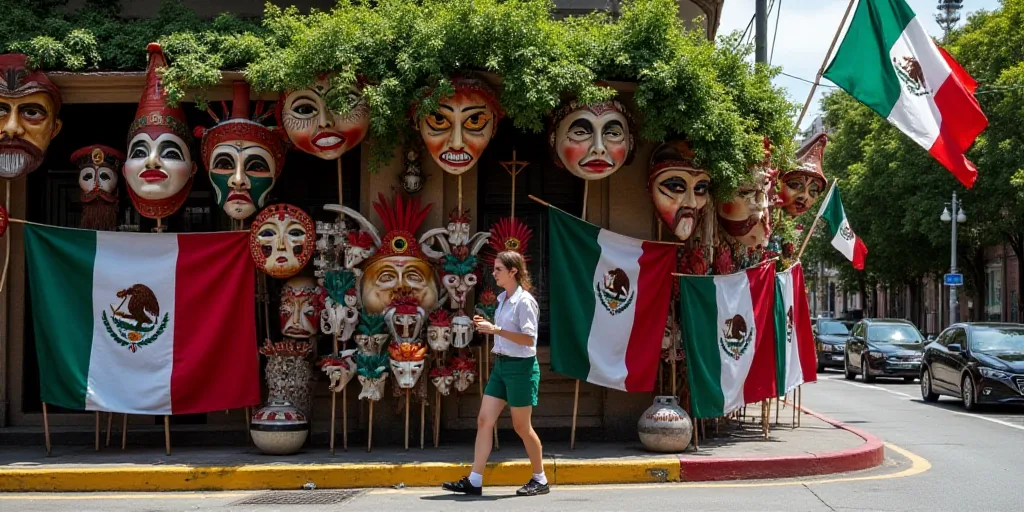The Mexican peso gained significantly against the dollar during Thursday’s trading session.
The local currency advanced due to the weakness of the greenback and positive sentiment towards Mexico’s assets, following the country’s exemption from U.S. tariffs.
The exchange rate closed at 19.9434 units per dollar, marking a gain of 51.22 cents, equivalent to 2.50%, compared to the previous official close of 20.4556 units as reported by the Bank of Mexico (Banxico).
The dollar price fluctuated within a range, reaching a high of 20.2825 units and a low of 19.8430 units.
Mexico Avoids Tariffs
U.S. President Donald Trump announced higher-than-expected global tariffs, sparking fears of retaliation from other powers and potential economic slowdown.
However, the Mexican peso appreciated as Mexico was not targeted by these tariffs, along with Canada, thanks to the North American Trade Agreement (TMEC).
“The market continues to view this as good news for Mexico, as it offers the country an opportunity to gain market share,” said Banco Base in a market analysis. However, risks related to Trump’s policies remain.
China will face a net tariff of 54% on exports to the U.S., starting April 9, while the EU will pay 20%, compared to the UK’s 10%. Markets are closely watching potential retaliations.
Sheinbaum Seeks Further Agreements
Mexican President Claudia Sheinbaum celebrated Mexico’s exclusion from Trump’s tariff list and stated that the government will continue negotiating with Washington to halt other tariffs, such as those previously announced on vehicles, steel, and aluminum.
However, the path forward appears challenging given Trump’s strong criticism of the TMEC, which he calls the ‘worst trade deal in U.S. history.’
“The treaty remains intact; this is a major achievement,” affirmed Economy Secretary Marcelo Ebrard during Sheinbaum’s press conference. “In a new commercial order based on tariffs, it’s very difficult for a free trade agreement to survive,” added Ebrard Casaubón.



